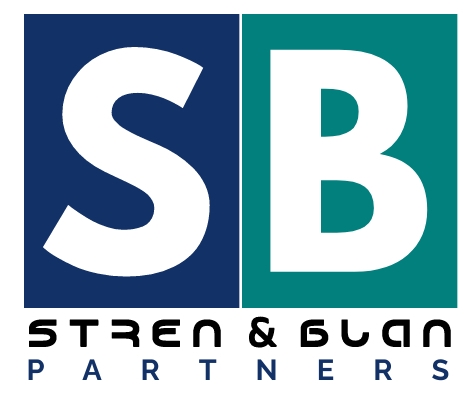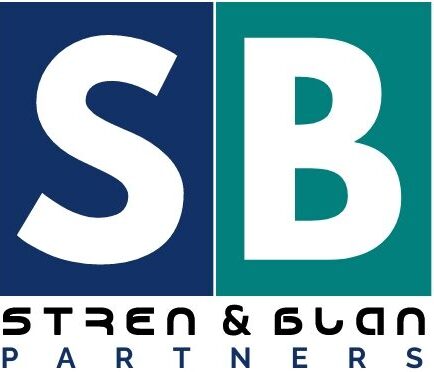In a bid to revitalize Nigeria’s oil and gas sector, and remove obstacles to investments in Nigeria, President Bola Ahmed Tinubu (“The President”) on 6th March 2024 signed an executive policy directive (“The Directives”). These directives are designed to leverage the nation’s resources and position Nigeria as the preferred investment destination for the oil & gas sector in Africa.
In this market update, we discuss the key highlights of the President’s directives.
There were 3 Directives signed by the President viz:
DETAILED ANALYSIS
The purpose of these incentives is to accelerate investments in the oil and gas sector through various means:
These tax credits shall apply to developing Non-Associated Gas (“NAG”) Greenfield Projects in onshore and shallow water areas, with the first gas production starting on or before January 1st, 2029. The credit amount will depend on the liquid hydrocarbons (“HCL”) found with the gas. Projects with low liquid content (under 30 barrels per million cubic feet of gas) will receive a credit of $1 per thousand cubic feet of gas produced, or 30% of the government-set gas price, whichever is lower. Projects with slightly more liquid content (between 30 and 100 barrels per million cubic feet) will get a credit of $0.50 per thousand cubic feet of gas produced, or 30% of the government-set gas price, whichever is lower.
Any NAG Greenfield Projects that starts producing after January 1st, 2029, can qualify for a tax credit of $0.50 per thousand cubic feet of gas produced, or 30% of the government-set gas price, whichever is lower, as long as the liquid content stays below 100 barrels per million cubic feet.
It is however important to note that there are limits on these credits:
The exact liquid content of the gas will be determined by guidelines set by the Nigerian Upstream Petroleum Regulatory Commission (“NUPRC”). Additionally, the price of gas used to calculate the credit will be the same price used for royalty payments under Nigeria’s Petroleum Industry Act (“PIA”).
This Directive introduces a tax incentive called the Gas Utilization Investment Allowance. This incentive applies toqualifying expenditures on plant and equipment incurred by companies in the midstream sector of the oil and gas industry, specifically for the transportation and storage of oil and gas.
The Gas Utilization Investment Allowance allows companies to deduct a portion of the cost of the plant and equipment from their taxable income in the year of purchase. However, this expense cannot be deducted again in later years. Companies are only eligible to claim this benefit after the tax-free period specified under the Companies Income Tax Act has ended.
The allowance is calculated as 25% of the actual cost of the equipment. Midstream oil and gas companies are ineligible to claim the allowance on qualifying expenditures if:
Additionally, the allowance cannot be claimed for the same plant or equipment by subsequent purchasers.
It is important to note that this benefit can be used in conjunction with other tax deductions or allowances the company may qualify for under the Companies Income Tax Act or other laws.
The Directive empowers the Minister of Finance to introduce new incentives to make deepwater oil and gas projects more financially attractive. These incentives are to be designed to ensure that deepwater projects achieve a competitive Internal Rate of Return (IRR), a key metric used to assess project profitability.
While the specific details of these fiscal incentives are still underway, the Ministry of Finance Incorporated and the Ministry of Petroleum Incorporated are directed to procure the Nigerian National Petroleum Corporation Limited (“NNPC Limited”) to explore and implement commercial enablers for new deepwater investments. These commercial enablers could include a variety of measures, potentially including reduced costs for supplies or more adaptable contractual terms.
To facilitate the ease of doing business and encourage investments in the Nigerian petroleum sector, the government has made changes to the contracting process. These changes address the current static system, which impedes on the ease of doing business, discourages potential investment and falls below global best practice. The reforms prioritize transparency and efficiency by streamlining approval procedures for contracts involving government-controlled companies and others within the sector. The contracting reforms include:
The Directive raises the minimum value threshold requiring approval from the NNPCL. This applies to contracts governed by Production Sharing Contracts (“PSCs”) or Joint Operating Agreements (“JOAs”).
The Ministry of Finance Incorporated (“MOFI”) and the Ministry of Petroleum Incorporated (“MOPI”) are tasked with directing NNPCL to amend these agreements such that the new minimum threshold will be no less than USD 10 million (or its equivalent in Nigerian Naira equivalent based on the NAFEX FMDQ exchange rate or any other official platform determined by the Central Bank of Nigeria (“CBN”)). Furthermore, to account for inflation, this threshold will be reviewed and adjusted annually based on data from the National Bureau of Statistics (“NBS”).
NCDMB and no timeline is provided under the Nigerian Oil and Gas Industry Content Development Act, theNCDMB shall communicate its decision on such matter within 15 days of receiving a request to that effect, failing which the NCDMB shall be deemed to have approved, satisfied or consented to such matter.
The duration for third-party contracts awarded pursuant to a PSC or JOA has been increased from three (3) years to five (5) years with the option of renewal for an additional two (2)years after the expiration of the initial five (5) years.
Under the local content compliance requirements Directive, the NCMDB is directed to consider two key factors when implementing the Nigerian Oil and Gas Industry Content Development Act. These factors are:
To achieve this balance, the NCDMB will:
CONCLUSION
The enactment of this executive order is well-timed, as it comes at a point where Nigeria struggles with declining oil production, a growing gas deficit, the “exit” of International Oil Companies (IOCs) and global pressure to transition towards cleaner energy sources. The various reforms provided by the Directives aim to address these challenges by offering tax breaks for developing gas fields, especially those with lower liquid content. This incentivizescompanies to focus on gas production, which is crucial for domestic power generation and potentially as an export earner.
Also, streamlining the notoriously sluggish contracting process will expedite project development. Additionally, a recalibration of local content requirements seeks a balance between promoting domestic participation and keeping investment costs competitive. If implemented effectively, these reforms could transform Nigeria’s oil and gas sector by unlocking its vast gas potential, attracting much-needed investment, and boosting overall efficiency.

